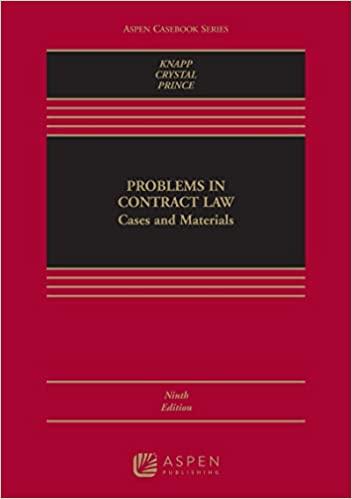G.R. No. 193890 March 11, 2015 ESTANISLAO and AFRICA SINAMBAN VS. CHINA BANKING CORPORATION FACTS: Spouses Maralastes executed a Real Estate Mortgage (RBM) in favor of respondent China Banking Corporation (China bank) over two of their real estate properties in order to secure a loan from China Bank the amount of P700,000.00, as working capital in their rice milling business. During the next few years, they executed several amendments to the mortgage contract progressively increasing their credit line secured by the sforesaid mortgage. The spouses executed several promissory notes (PNs) in favor of China Bank In two of the PN's issued, petitioners Estanislao and Africa Sinambon signed as co-makers. China Bank then filed a complaint for collection of sums of money against spouses Manalastes and spouses Sinambon, before the RTC alleging that they failed to comply with their loan obligations. Spouses. Sinamban overred that they do not recall having executed two PN's and had no participation in the execution of one of the same. They, however, admited that they signed some PN forms as co-makers upon the request of spouses Manalastes who are their relatives; however, they insisted that they derived no money or other benefits from the loans. They denied knowing about the mortgage security provided by the spouses Manglastus, or that the latter defaulted on their loans. Chinabank held an extrajudicial foreclosure proceeding, giving the mortgaged lands to the highest bid of P4.600,000.00. The Sinambans aloo refused to acknowledge the loan deficiency of P1 758 427.87 on the PNe, insisting that the mortgage colleteral was worth more than P10.000,000.00, enough to answer for all the loans, interests and penalties. They also claimed that they were not notified of the auction sale, and insisted that Chinabank manipulated the foreclosure sale to exclude them therefrom. By way of counterclaim, the Spouses Sinambon prayed for damages and attorney's fees of 2514, plus litigation expenses and costs of suit. Issue: Whether China Bank can seek payment of the deficiencies from spouses Sinamban who, in the promissory notes, appeared to be solidary debtors. Ruling: Yes, for if a person binds himself solidarity with the principal debtor, the provisions of Articles 1207 to 1222 of the Civil Code on joint and solidary obligations shall be observed. Thus, where there is a concurrence of two or more creditors or of two or more debtors in one and the same obligation, Article 1207 provides thet among them, There is a solidary liability only when the obligation expressly so states or when the law or the nature of the obligation requires solidant." It is setded that when the obligor or obligors undertake to be "jointly and severally" liable, it means that the obligation is solidary. In this case, spouses Sinambon expressly bound themselves to be joindy and severally, or solidarity liable with the principal makers of the promissory notes, namely the spouses Manelestos. Article 1216 of the Civil Code provides that "the creditor may proceed against any one of the solidary debtors or some or all of them simultaneously. The demand made against one of them shall not be an obstacle to those which may subsequently be directed against the others, so long as the debt has not been fully collected." Article 1252 of the Civil Code does not apply. as urged by the petitioners, because in the said article the situation contemplated is that of a debtor with several debts due, whereas the reverse is true, with each solidary debt imputable to several debtors







